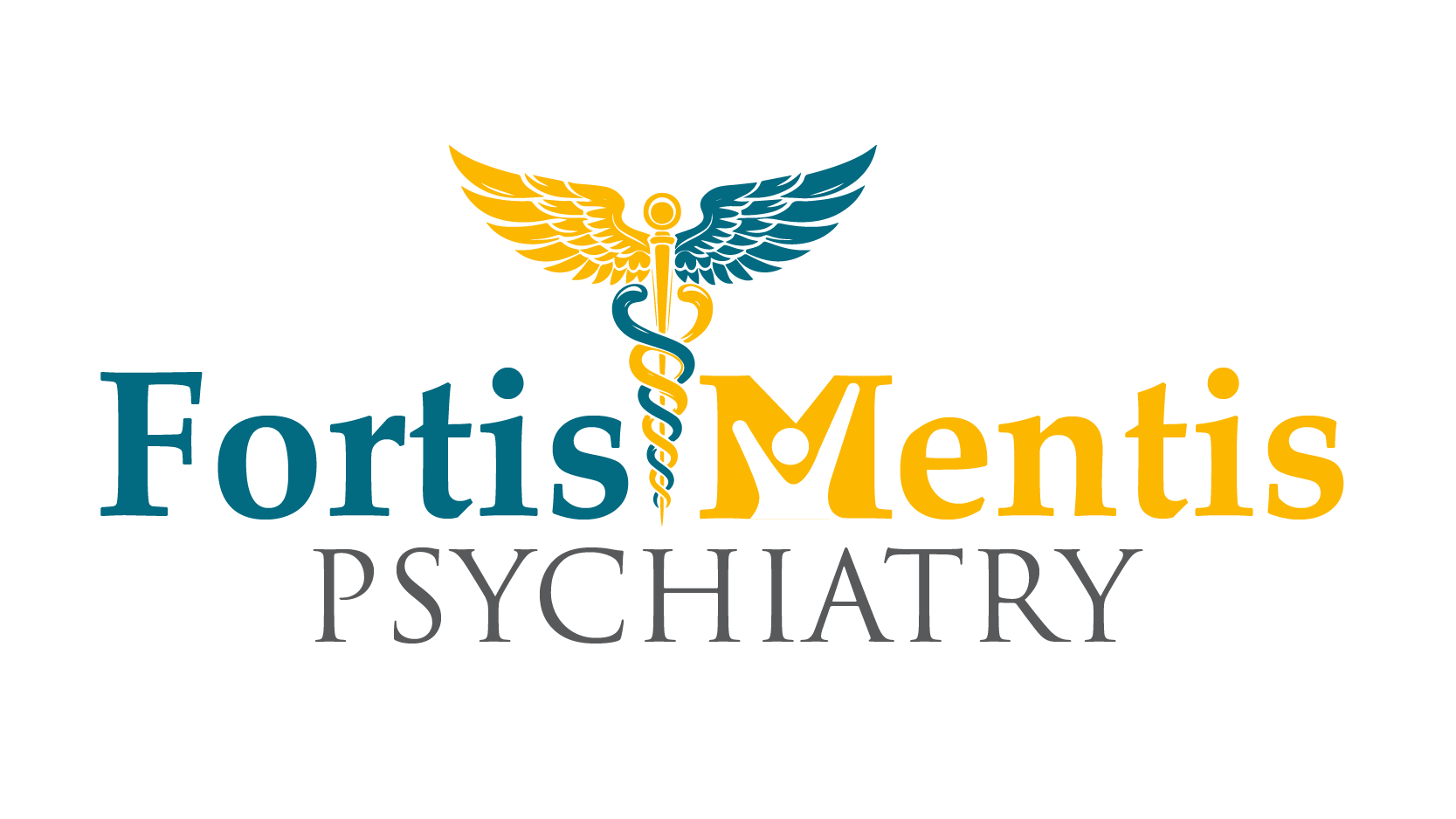Medications play a critical role in the treatment of various mental health issues. The right medication can reduce or eliminate symptoms and significantly improve a patient’s quality of life. However, ensuring that medication is both safe and effective requires careful oversight, which is where medication management comes into play.
Whether you’re dealing with depression, anxiety, bipolar disorder, or other mental health conditions, understanding what medication management is and why it’s important can help you take control of your mental health treatment.
What is Medication Management?
Medication management is the process of overseeing a patient’s use of prescribed medications to ensure they are taking them correctly and effectively. This service is typically provided by healthcare professionals, such as online psychiatrists, doctors, and nurse practitioners, who specialize in managing medications for mental health conditions.
The goal of medication management is to optimize the therapeutic outcomes of medications while minimizing risks such as side effects, drug interactions, or incorrect dosing. The process involves several important steps, including:
Initial Evaluation: Before prescribing medication, the healthcare provider conducts a comprehensive evaluation to understand the patient’s medical history, current symptoms, and previous responses to medications. This allows the provider to choose the right medication for the individual.
Ongoing Monitoring: After a medication is prescribed, the healthcare provider will regularly monitor the patient to assess the medication’s effectiveness and any potential side effects. Monitoring may involve follow-up appointments, adjusting dosages, or switching to a different medication if necessary.
Patient Education: Effective medication management also involves educating patients about how their medication works, how to take it correctly, and what side effects to watch for. Patients are encouraged to ask questions and communicate any concerns with their healthcare provider.
Medication Adjustments: Based on the patient’s response to treatment, the healthcare provider may need to make adjustments to the dosage, frequency, or type of medication. These adjustments ensure that the patient continues to receive the maximum benefit from their treatment.
Coordination of Care: For patients seeing multiple healthcare providers, medication management ensures that all medications are coordinated and working together without harmful interactions. This is especially important for patients managing more than one health condition.
By using medication management, healthcare providers can help their patients manage their mental health symptoms more effectively and safely.
Why Is Medication Management Important?
Medication management is crucial for several reasons. Taking medications for mental health conditions can be complex, and without proper guidance, patients may experience unwanted side effects, ineffective treatment, or even harm from incorrect usage. Here’s why medication management is so important:
1. Ensures Proper Medication Use
One of the most critical aspects of medication management is ensuring that medications are taken as prescribed. Some mental health medications need to be taken at specific times, in specific doses, and in conjunction with other treatments. Missing a dose or taking the wrong amount can reduce the effectiveness of the medication or lead to harmful consequences. Medication management helps ensure that the patient follows the prescribed regimen and makes adjustments when needed.
2. Reduces Risk of Side Effects and Drug Interactions
All medications carry the risk of side effects, and some can interact negatively with other medications. For example, a patient taking antidepressants may also be prescribed other medications for unrelated conditions, and without proper management, those medications could cause harmful interactions. Medication management helps to identify and prevent these risks, ensuring the patient’s safety.
3. Personalizes Treatment Plans
Medication management allows healthcare providers to create individualized treatment plans based on each patient’s unique needs. What works for one person may not work for another. For example, some patients may respond well to a particular type of antidepressant, while others may need to try several medications before finding the right one. Ongoing medication management enables providers to fine-tune the treatment plan, adjusting the type and dosage of medications to achieve the best possible outcomes.
4. Improves Treatment Adherence
Patients may struggle with adhering to their prescribed medication plans for various reasons, such as forgetfulness, fear of side effects, or feeling better and deciding to stop the medication. Medication management includes regular follow-ups and communication with the healthcare provider, which can help patients stay on track with their treatment and understand why consistency is essential.
5. Monitors Progress and Effectiveness
Mental health treatment is an ongoing process, and what works today might need to be adjusted over time. Medication management ensures that a patient’s progress is regularly monitored, and any changes in symptoms are promptly addressed. If the medication is no longer as effective, the provider can adjust the treatment plan or try new options.
6. Promotes Better Health Outcomes
When medications are managed correctly, patients are more likely to experience positive health outcomes. Proper medication management reduces the likelihood of relapse or worsening of symptoms, and helps patients feel more in control of their mental health. It also leads to better long-term outcomes by preventing potential complications related to improper medication use.
7. Provides Ongoing Support
Medication management offers patients ongoing support throughout their treatment. Regular check-ins with a healthcare provider give patients the opportunity to voice any concerns, ask questions, and stay informed about their treatment. This level of support is particularly important for patients who are struggling with mental health conditions that can impact their ability to stay organized or motivated.
Final Thoughts
Medication management is a critical part of effective mental health treatment. It ensures that patients receive the right medication, at the right dosage, and with the necessary monitoring to avoid complications. By providing personalized care and ongoing support, medication management promotes better health outcomes and a higher quality of life for those dealing with mental health issues.
If you’re ready to explore medication management services, Fortis Mentis Psychiatry is here to help. Contact us at 561-797-0642 to schedule a free consultation today and take the next step toward better mental health.

